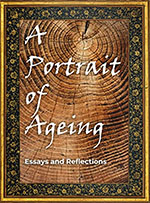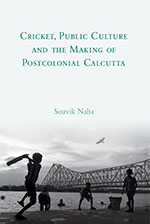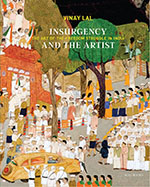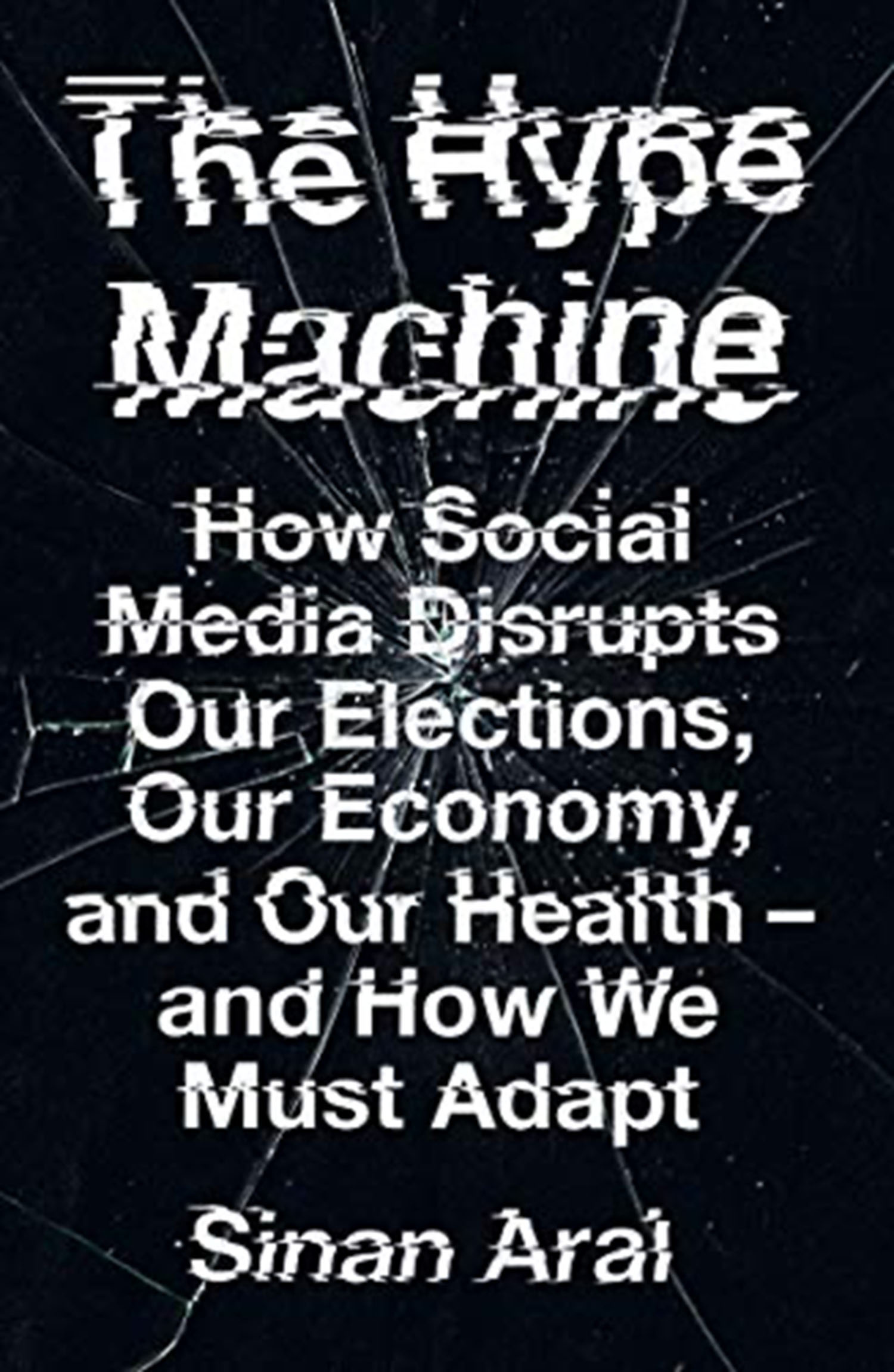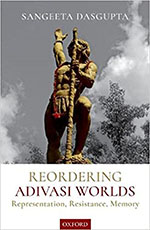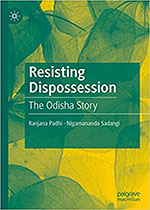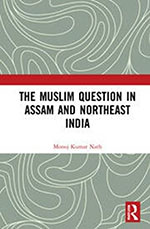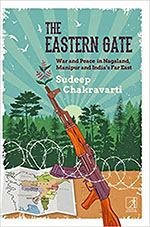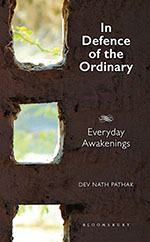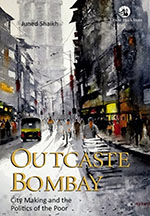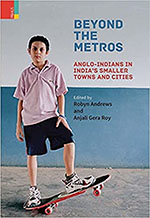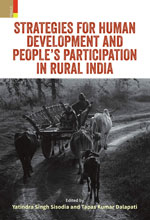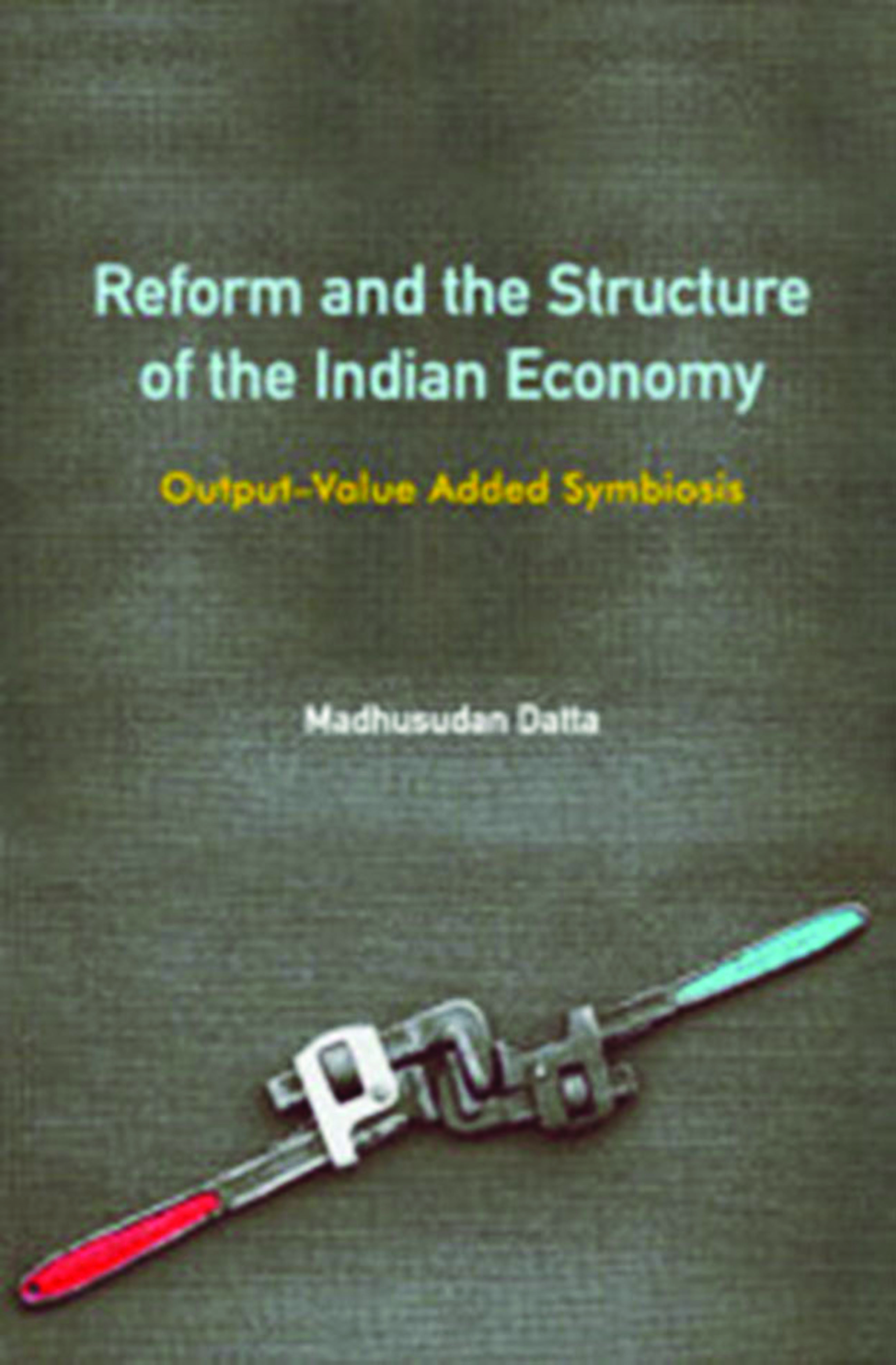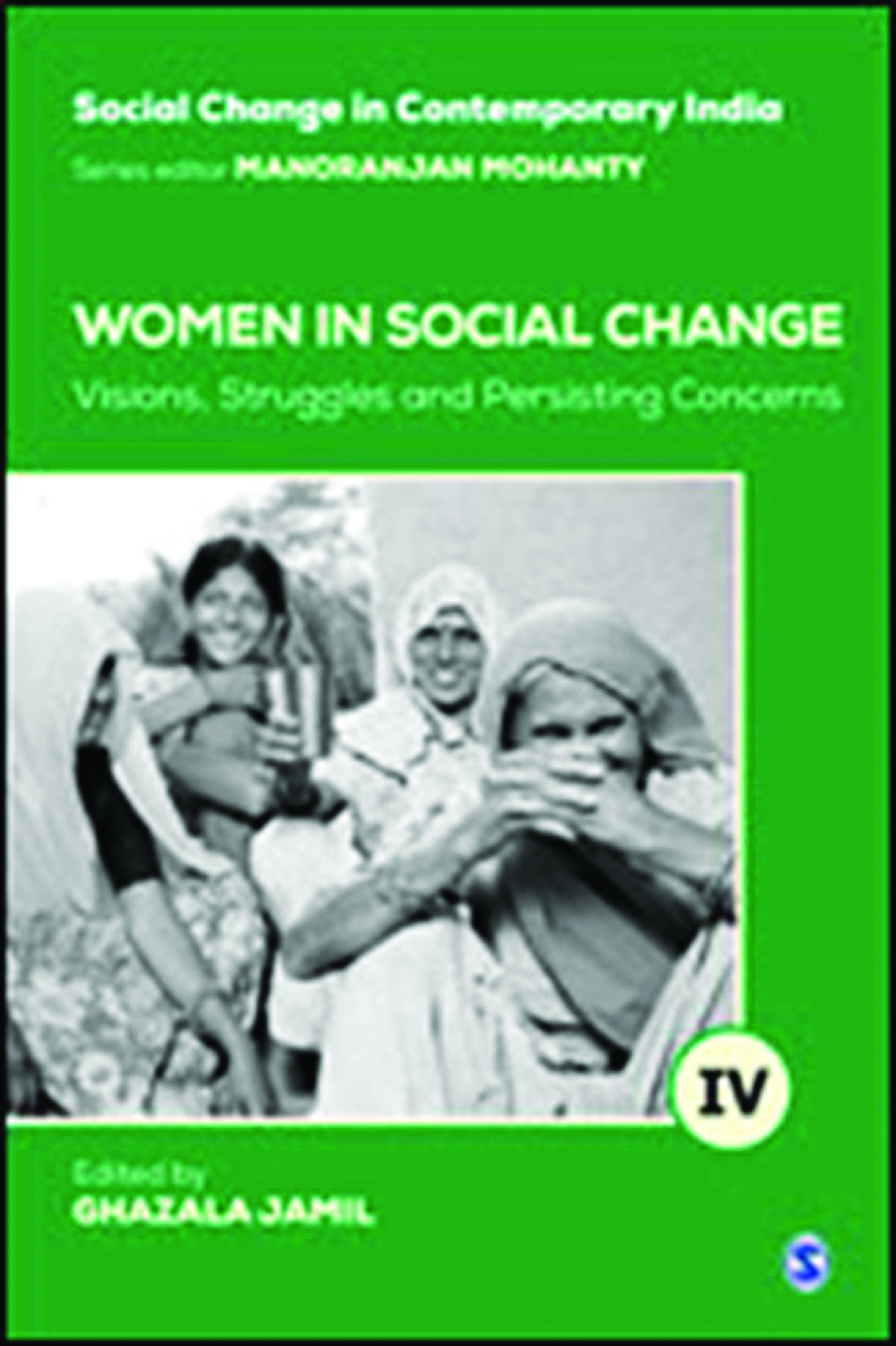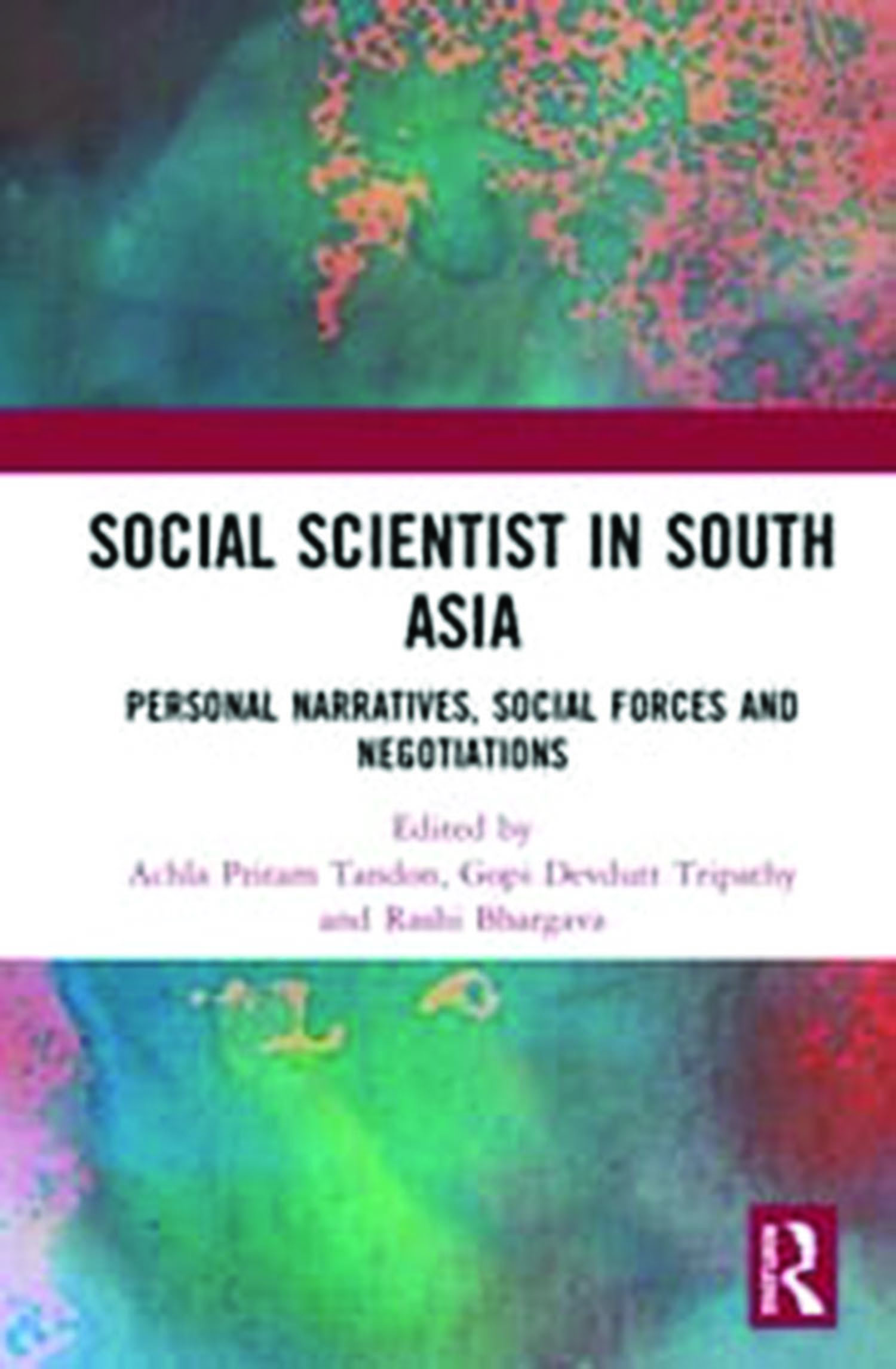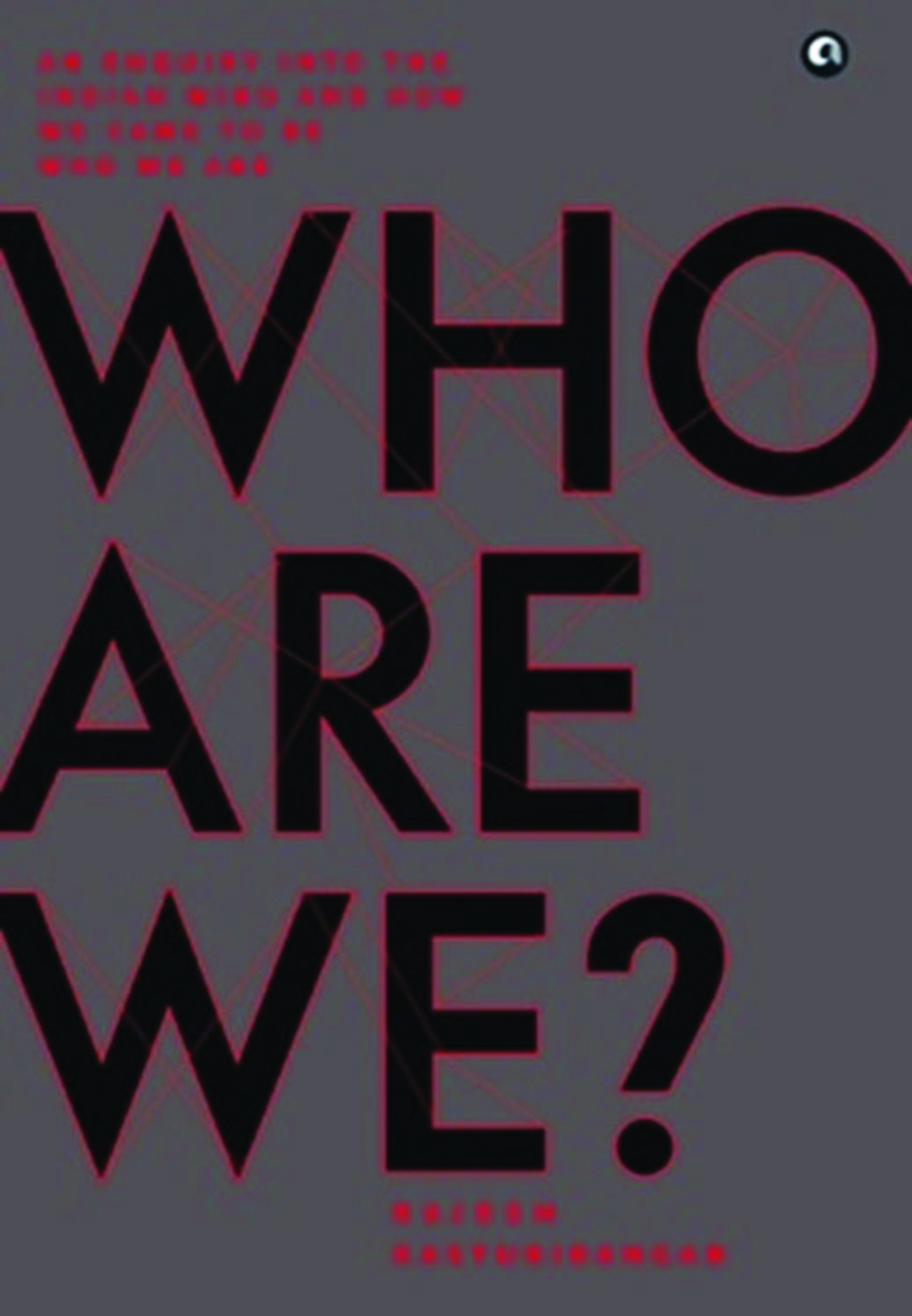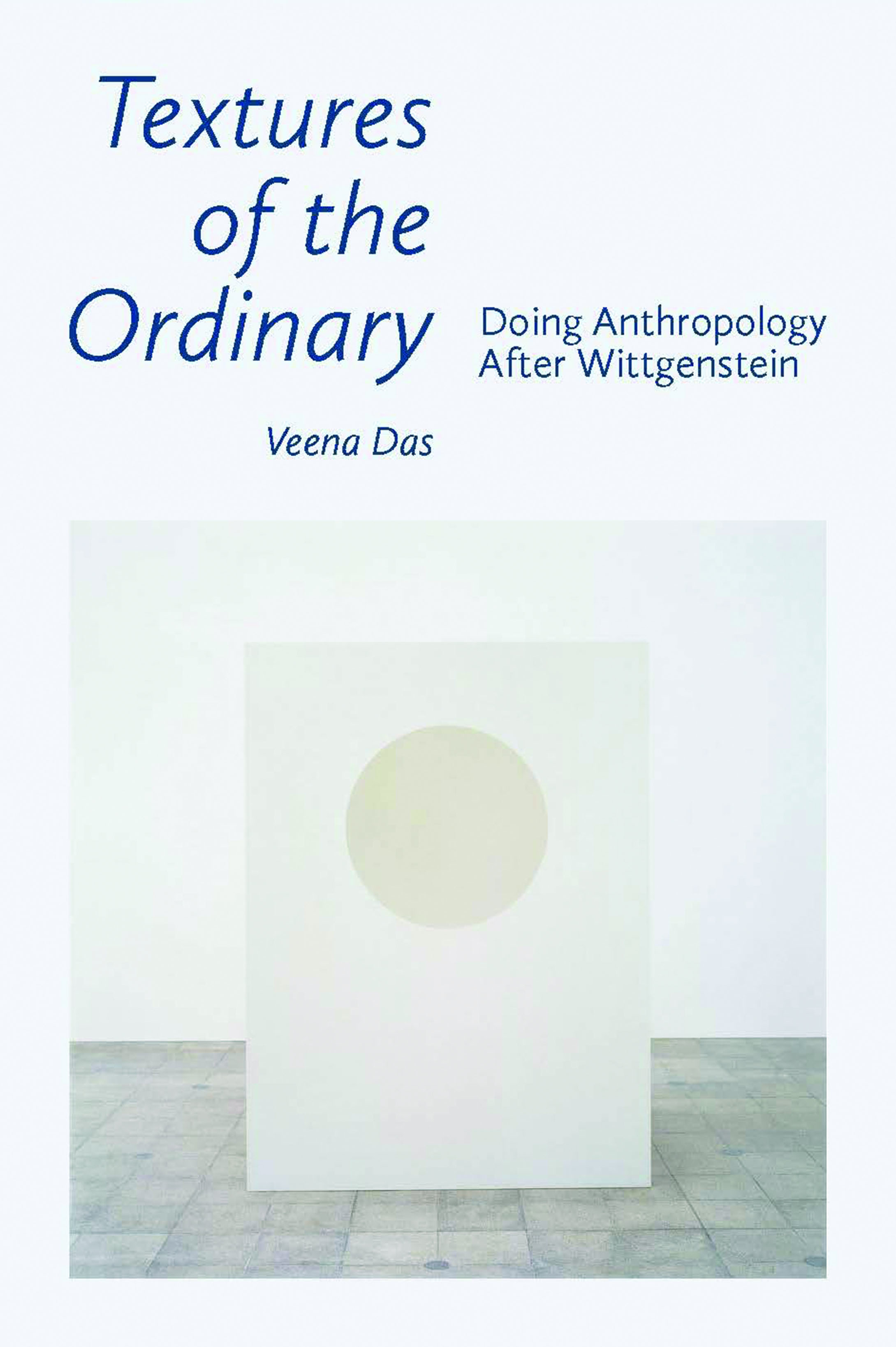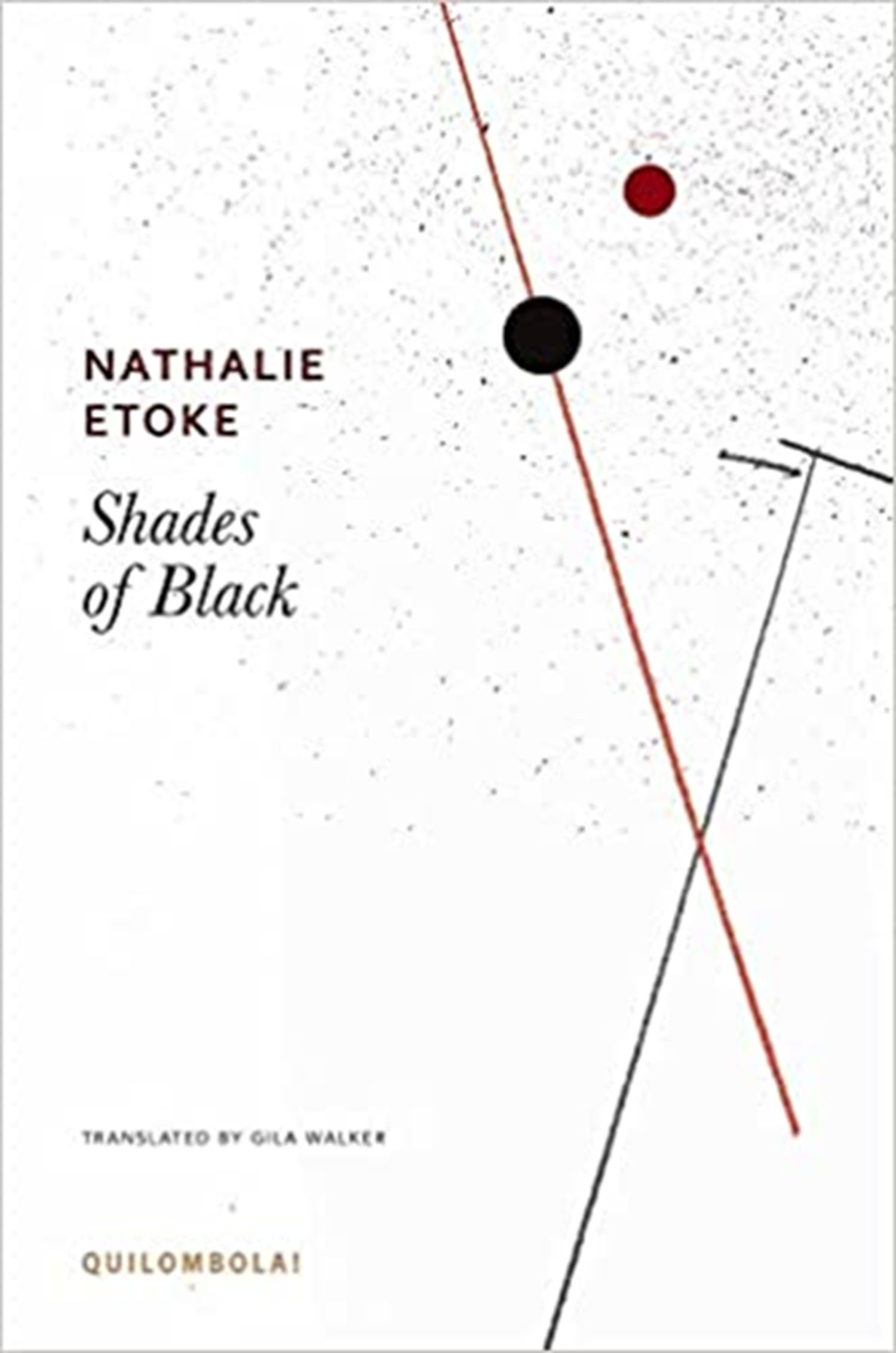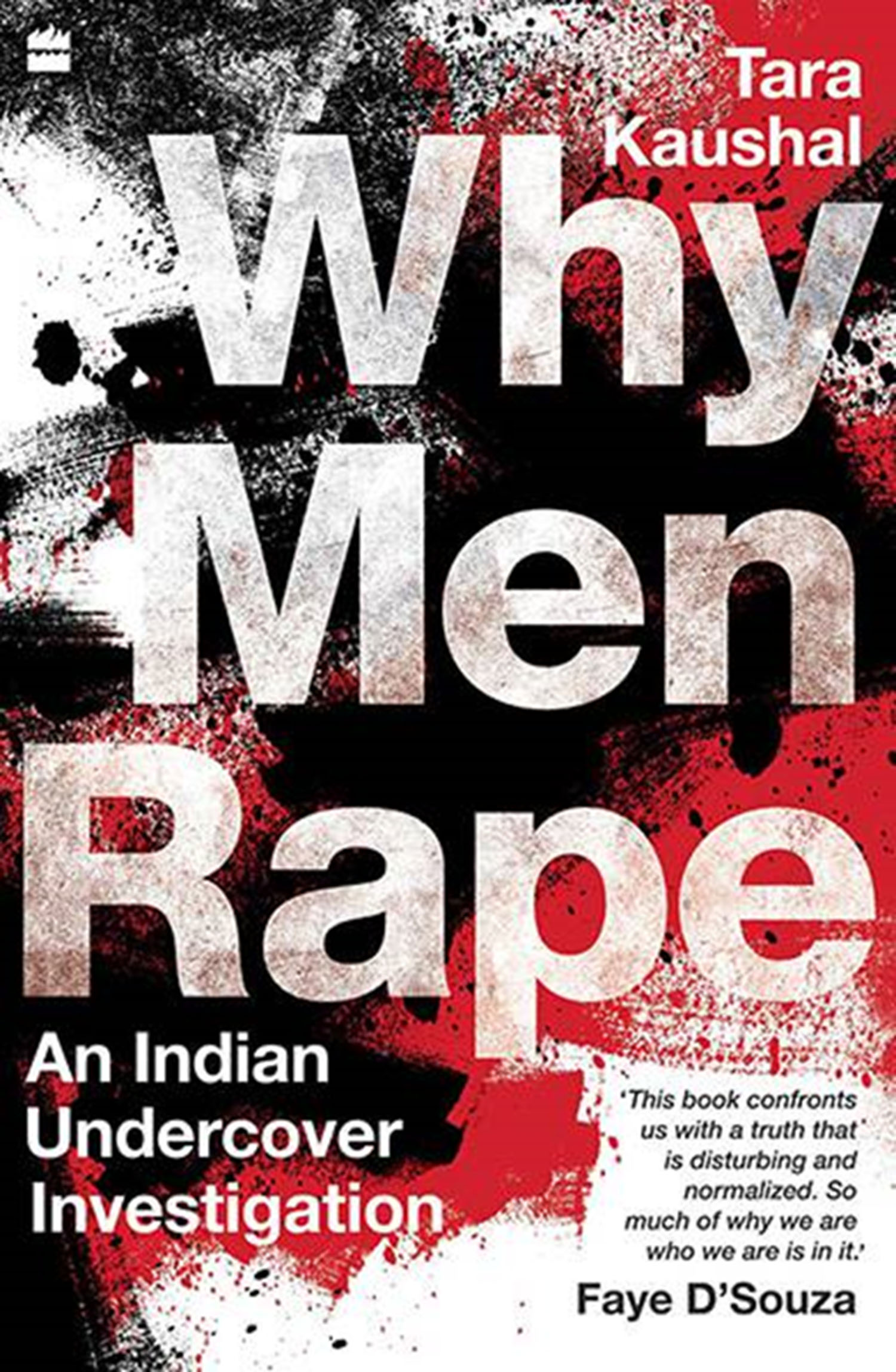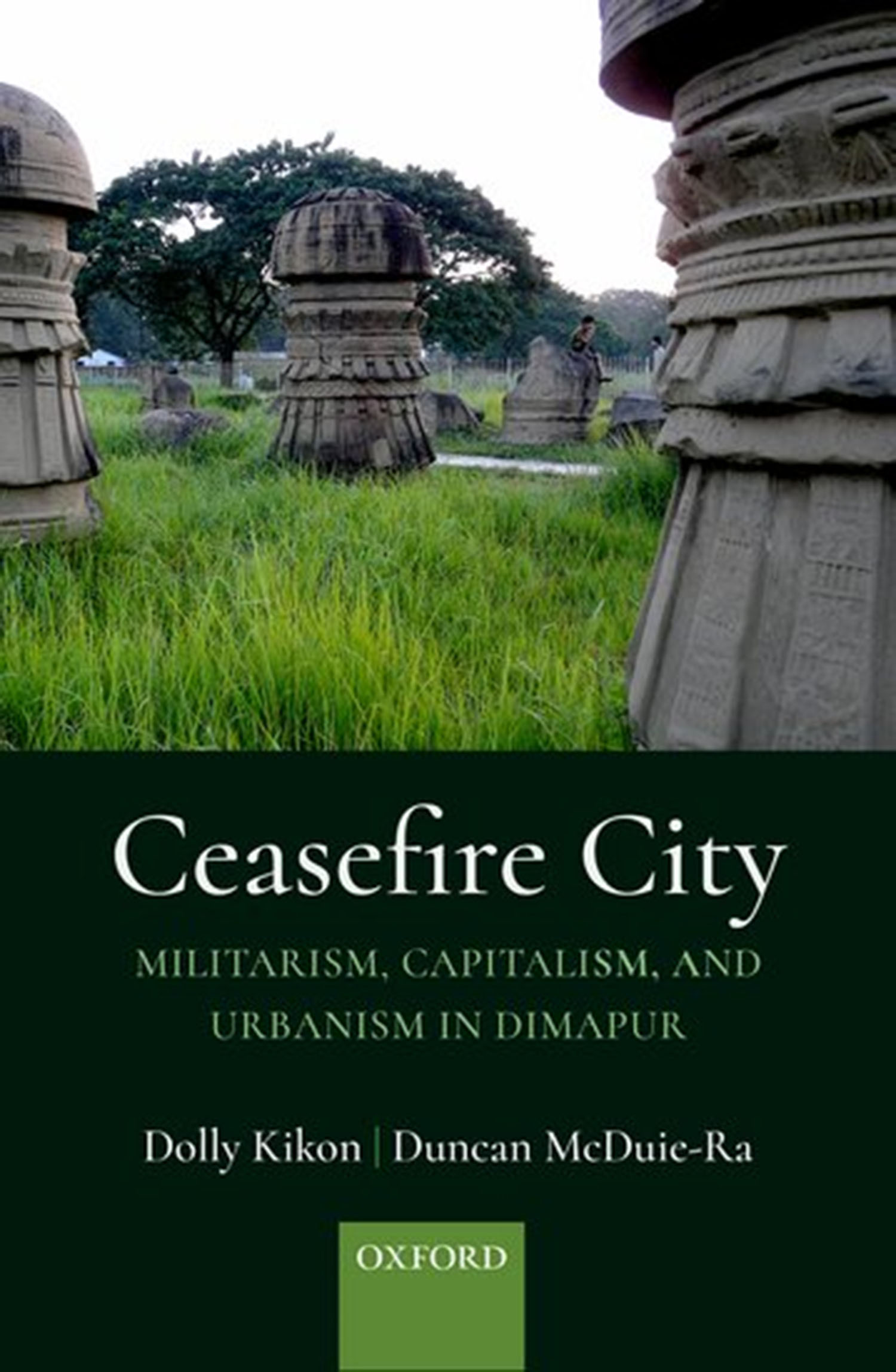Sociology and Anthropology
A Portrait of Ageing is a collection of essays that are poignant ruminations on the process of ageing. Through narratives about one’s experience with ageing and stories about seeing loved ones getting old, these essays tenderly address the vulnerabilities of losing youth and approaching the evening of life. The essays are a call to acknowledge the frailty associated with losing physical vigour and a strong voice to accord dignity and not invisiblize the old in our society.
Indian society is characterized by immense diversity, a fact which the public and scholars of all hues have never failed to acknowledge and remind us. This claim is undeniably true but what needs reminding too is the other parallel fact of unity. Among the various structural and socio-cultural traits which Indians across cultures, castes, classes and creeds share, it is the love for sport and in particular cricket which stands out.
In this age of the image, given that the use of the visual in academia has not been the norm, it is interesting to know how established scholars came to appreciate that there is now space for images. Well-known historian Vinay Lal’s thirty-year teaching experience in the US led him to believe that ‘the printed text is but a foreign object to most students.
Sinan Aral in his book delves into the complex relationship between humans and social media. He describes the communication ecosystem created by social media as the ‘Hype machine’ and examines its potential for both promise and peril. Aral provides an ‘insider perspective’ and offers insights on the inner workings of social media, while also addressing its impact on decision-making, choices, and society.
The debates on colonial construction of tribal identity and the need to revisit the concept are gathering space in academic discourse in recent years. Dasgupta stretches this debate a little further from her previous work. Tribal identity is similar to caste used extensively by colonial ethnographers, anthropologists, and census enumerators to fix identities of the numerous communities living in India.
No story has ever been fully told, it is said, because no story can ever be fully told. However, as Ranjana Padhi and Nigamananda Sadangi tell us in Resisting Dispossession: The Odisha Story, all stories are only half told. That said, it ought to be conceded that this book, which sets out to tell the story of development and its discontents in Odisha from 1948 to the present, tells it remarkably well.
Muslims in Assam comprise one-third of its population. Since Independence, the politics of Assam has been shaped by the question of alleged illegal immigration from erstwhile East Pakistan. The spectre of an illegal immigrant minoritizing the ‘khilonjia’(original inhabitants) of Assam has been a constant in the popular as well as political discourse.
Located in a remote corner of India and, regrettably, the minds of most ‘mainland’ Indians, the North Eastern region has never been an easy site and space to think of, let alone write about. Immensely complex in terms of geography (territory), history, immigration and ethnic composition, economics and politics, the North East, which Sudeep Chakravarti quite correctly rechristens as (India’s) Far East, emerged out of the subcontinental decolonization process
Dev Nath Pathak’s In Defence of the Ordinary: Everyday Awakenings is an inordinary demonstration of a routine exercise that most sociologists, certainly in their professional lives, claim an association with: sociological imagination. Pathak too informs us about the deep connections between his personal and the public but his concerns are routed in assuringly different ways. Indulging in a polemic against himself, the author invites his readers to undertake a not-so-usual reading of politics and philosophy of knowledge.
For the political elites of the modern nation, new cities like Mumbai and Calcutta were the ‘liberated space’. They were hopeful that with growing industrial capitalist advancement, the erstwhile caste hierarchies and feudal control would be broken and a cosmopolitan secular milieu can emerge. Babasaheb Ambedkar thought that migration to cities would help the Dalits to escape the feudal-Brahmanical servitude whereas the Communists imagined that urbanization would make caste redundant (p. 5) and foster a robust working-class unity to bring revolutionary transformation. Juned Shaikh’s work examines the failure of such modernist hopes in the colonial city of Bombay.
The book Beyond the Metros: Anglo-Indians in India’s Smaller Towns and Cities is a tremendously fascinating analysis and depiction of the Anglo-Indian identity, its representations and nuances. It thereby deconstructs the monolithic image that the term carries. The book’s deliberate focus is upon the non-metropolitan spaces, as it intends to make a clear distinction from the modern, urban spaces of cities. Cities are usually seen as a site of assimilation of different identities that may account for acculturation, often due to modernization and urbanization.
As India inches close to 75th anniversary of Independence, self-introspection about hurdles it has to overcome in policy and implementation domain needs to be debated. The book under review brings together fourteen well-researched papers based on field-level experiences of States across the country, interrogating critical dimensions of rural human development in contemporary India that need attention for percolation of developmental benefits to every corner of India.
The Indian growth story attracted global attention first, on account of the spurt in growth from the 1990s, and second, on account of its deviation from one of the most widely replicated patterns of the evolution of sectoral shares of agriculture, manufacturing and services in the gross domestic product (GDP) over time. This thumb rule, stylized by Kuznets, Chenery and Taylor (KCT), was found to closely fit the evidence gathered from advanced countries and also developing ones outside the socialist bloc, over two whole centuries.
The three books under review critically contribute to our understanding of Gender, Inclusion, Violence and Social Justice. They capture several evidences of gender inequality, violence and exclusion across all levels; but they also show how gender issues in India can be read through different lenses of justice; how scholars, advocates and activists addressing these issues have brought different dimensions to the table, even conflicting at times.
Social Scientist in South Asia: Personal Narratives, Social Forces and Negotiations is an important recent publication from Routledge. Along with an Introduction, the book comprises a collection of nineteen essays, divided into two parts. Part I, themed ‘Engagement with Disciplinary Prisms: Expanding Horizons’ has essays by Imrana Qadeer, Ghazala Jamil, Gayatri Chakravorty Spivak, Savyasaachi, Maitrayee Choudhury, SS Sivakumar, Gargi Chakravarty, N Sukumar and Sukrita Paul Kumar. Part II, themed ‘Reflections on Disciplinary Practices: Pedagogy and Research’ has essays by Chandan Kumar Sarma, Manosh Chowdhury, Mohammad Talib, Nirmal Kumar, Kavita A Sharma, Nirmal Kirmani, Shonaleeka Kaul and Vinay Kumar Srivastava.
Rajesh Kasturirangan’s book Who Are We? sets out to play with the oft deliberated, debated, dissected and derived idea of what makes the Indian way of being and more specifically as the author states, the Indian way of thinking. Culture impacts the way we perceive, feel and think—as stated by cultural psychologist Richard Nisbett, and also leads to different self construals (Markus & Kitayama, 1991). Kasturirangan appropriates and reappropriates the place of this book and his ‘theory’ on the vast canvas of many other such writings and clarifies right at the beginning of the book its aim and purpose, ‘I am less interested in a culturally encoded storehouse of thoughts and feelings and more interested in how cognitive schemas change over time, how new ideas emerge and are layered on top of the old. I will focus on mind in motion.’
The ethnographic desire to render the textures of the ordinary is contingent on the close attention to detail that the anthropologist can command. But the question is—what kind of detail and how much detail? Detailing the ordinary plugs, the centre of this intense text marks the crucial meeting points of anthropology and philosophy. A critical question that anthropologists must settle on is ‘what kind of information can be counted as knowledge?’ Ethnographic practices involve a wide range of activities in the form of gathering data by conducting surveys, drawing figures and maps, engaging in conversations and discussions, exploring the micro-geographies of localities, tracing local histories and so on.
‘To assert that “Black Lives Matter” is to admit that they do not matter while maintaining that they should.’Nathalie Etoke, born in Paris to Cameroonian parents, and who has lived in France and later in the United States, occupies a unique position which allows her to deal with questions of race as also to argue against a tendency which ends up reducing the historical, political, cultural and social differences…
Tara Kaushal set out on a journalistic journey, interviewing nine men accused of rape and gang rape to analyse the psychological temperament of the rapist. The book is the roller coaster of emotions and a mentally intertwined journey on ‘Why Men Rape’. The commonly evident documentation of patriarchy…
Popular and academic discourses on Northeast India have for long been centred around the themes of conflicts, ethnicity and insurgency. This is not surprising given that the region has been seen as a ‘troubled periphery’ marked by ‘durable disorder’. Seen against this backdrop, the book under review marks a significant…f

